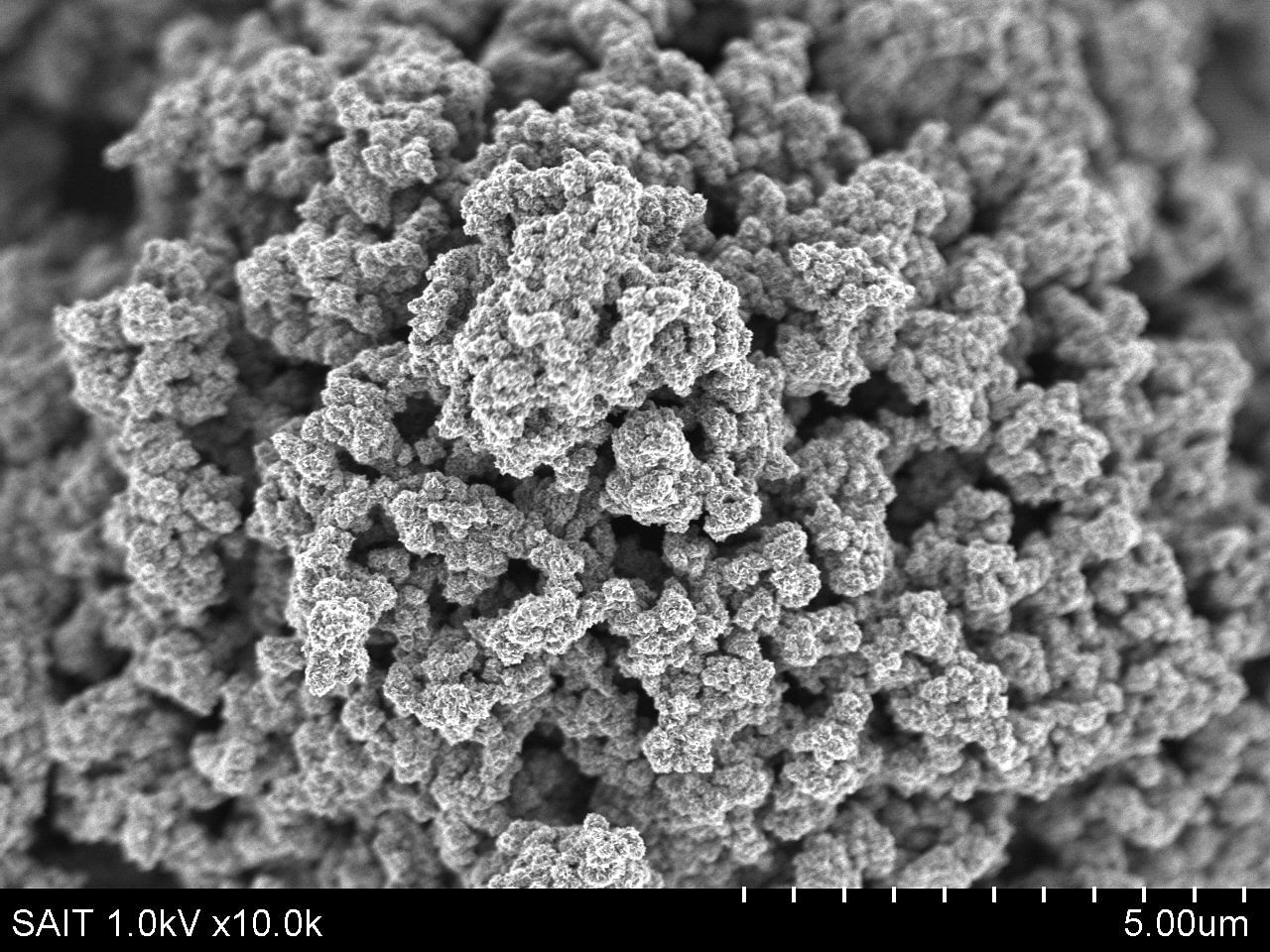Samsung develops battery material with 5x faster charging speed
Researchers at Samsung Advanced Institute of Technology develop material called ‘graphene ball’ that enables 5 times faster charging speeds along with 45% increased battery capacity.
A team of researchers at the Samsung Advanced Institute of Technology (SAIT) has developed a unique battery material called the ‘graphene ball’ that enables five times faster charging speeds along with 45 percent increased battery capacity.
Samsung claims that the breakthrough promise will help the next- generation secondary battery market, especially related electric vehicles and mobile devices. For the research, SAIT collaborated with Samsung SDI as well as a team from Seoul National University’s School of Chemical and Biological Engineering.
Exploring next-gen battery tech
Lithium-ion batteries, which were first commercialised in 1991, are currently used widely in mobile devices and the EV market. However, with standard lithium batteries requiring charging times of at least an hour to fully charge, even with quick charging technology, and considered to have reached their limit for capacity expansion. And there have been numerous attempts to explore use of new innovative materials. Among the various materials explored ‘graphene’ has widely become the primary source of interest as the representative next generation material.
In theory, a battery based on the ‘graphene ball’ material requires only 12 minutes to fully charge. Additionally, the battery can maintain a highly stable 60deg Celsius temperature, with stable battery temperatures particularly key for electric vehicles.
In its research, SAIT sought for an approach to apply the new material with high strength and conductivity to batteries, and discovered a mechanism to mass synthesise graphene into a 3D form like popcorn using affordable silica (SiO2). This ‘graphene ball’ was utilised for both the anode protective layer and cathode materials in lithium-ion batteries. This ensured an increase of charging capacity, decrease of charging time as well as stable temperatures.
Dr. Son In-hyuk, who led the project on behalf of SAIT, said, “Our research enables mass synthesis of multifunctional composite material graphene at an affordable price. At the same time, we were able to considerably enhance the capabilities of lithium-ion batteries in an environment where the markets for mobile devices and electric vehicles is growing rapidly. Our commitment is to continuously explore and develop secondary battery technology in light of these trends.”

Researchers at SAIT claim a battery based on the ‘graphene ball’ material requires only 12 minutes to fully charge.
Graphene, which is a single layer of carbon atoms from graphite, is receiving global attention in the battery and display industry due to its physical, chemical stability. It is 100 times more effective than copper in conducting electricity and displays remarkable electron mobility – 140 times faster than silicon – making it an ideal material for fast charge.
SAIT has also filed two applications for the ‘graphene ball’ technology patent in the US and Korea.
SAIT’s research results are covered in-depth in this month’s edition of the science journal Nature Communications in an article titled, “Graphene balls for lithium rechargeable batteries with fast charging and high volumetric energy densities.”
RELATED ARTICLES
Horse Powertrain reveals hybrid conversion for electric cars
Engine-making joint venture of Geely and the Renault Group announces new hybrid powertrain that fits into the same space...
Aisin to produce hybrid motor for Mitsubishi in Thailand
The hybrid drive motor and gearbox, will be produced at Aisin Powertrain (Thailand) Co for use in the Mitsubishi XForce ...
GM reports strong Q1 sales in China, demand for EVs and hybrids surges 53%
General Motors and its joint ventures in China have sold more than 442,000 units between January and March 2025.






 By Autocar Professional Bureau
By Autocar Professional Bureau
 29 Nov 2017
29 Nov 2017
 6089 Views
6089 Views









